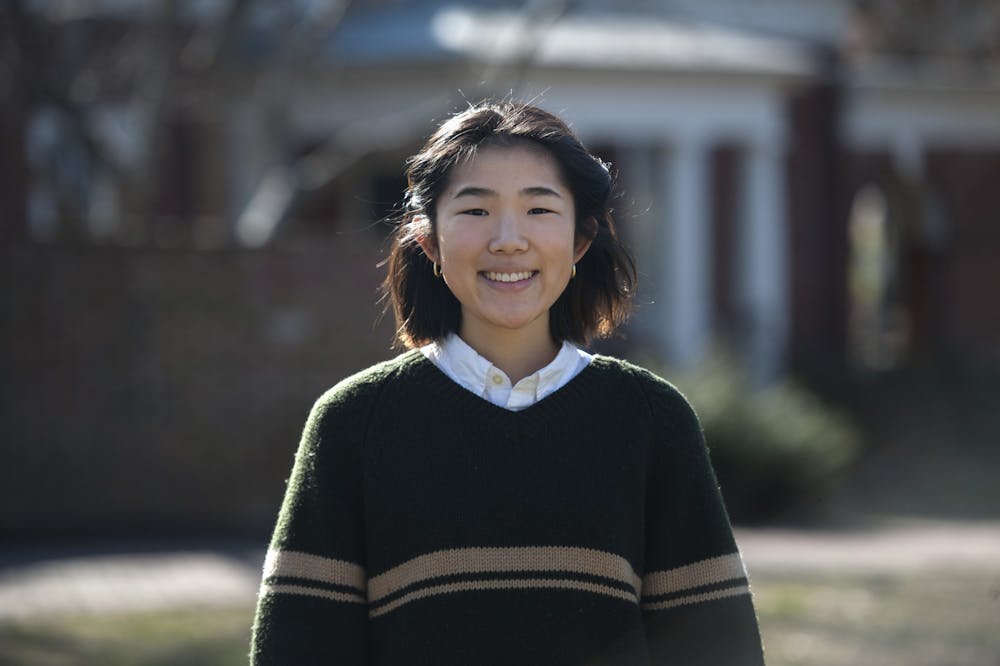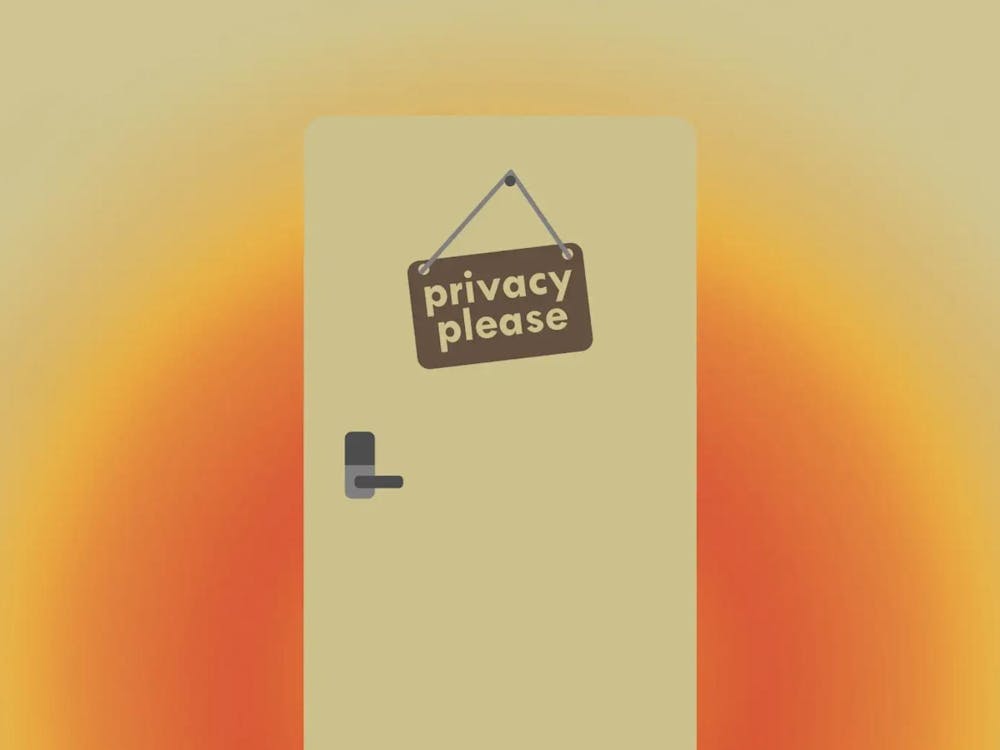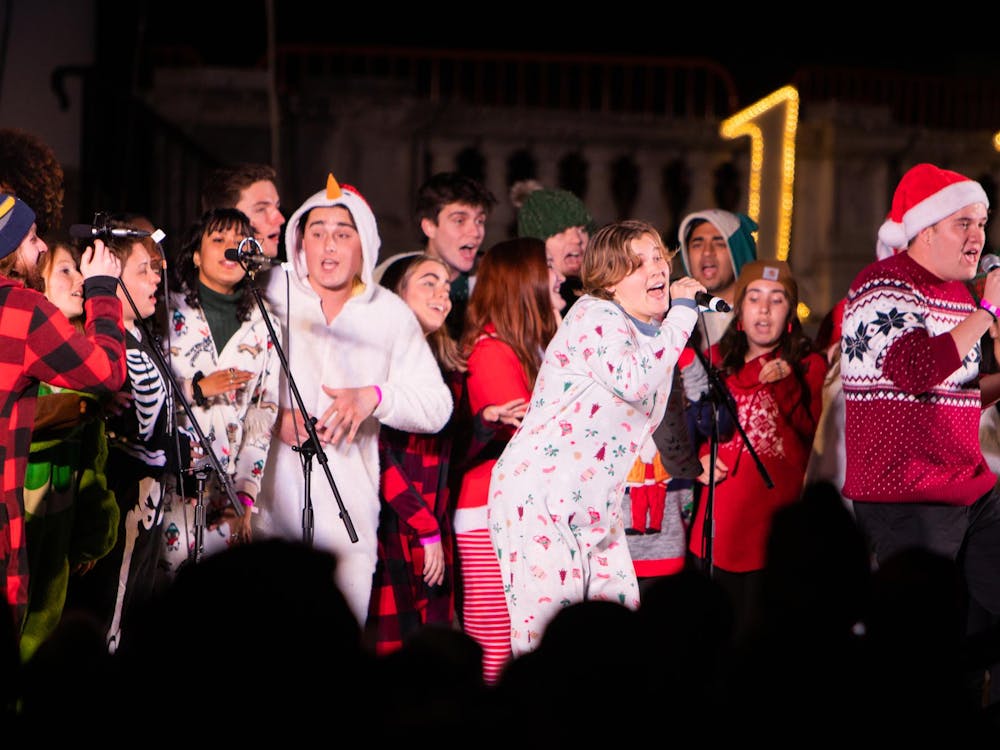中文版请点击此处
“Supposed to be.” I cannot help but think that this phrase is defining the current culture of many young people at the moment. The start to the new semester was supposed to be everything but this. The brick pavements were supposed to be brimming with foot traffic and constant chattering. The lecture halls and libraries were supposed to be crammed with camaraderie, collective stress and the comforting sounds of whispers and pen scribblings. Yet, I find myself holed up in my hermit shell of a house in Northern Virginia every day, deprived of my dosage of natural sunlight and endorphins that I generously granted myself over the summer.
Personally, the first day of classes was quite the fizzle compared to the loud, exciting bang that it was supposed to be. As soon as the summer’s last Monday ended, I was instantly whisked into the chaotic state of being that I had buried at the end of the spring semester. Feelings of fatigue and frustration have become daily emotions I strongly associate with my Zoom university life now.
As sad as it may sound, this is our new reality. As many of our classes have transitioned online, professors have bombarded us with different applications, collaborative platforms and Zoom links. But an individual student can only take so much. This shift to permanent online learning has created this illusory, misconceived notion that students have even less of an excuse to not excel or thrive. This notion could stem from the assumptions that we are adaptable, tenacious and modern as members of the younger generation — that we can easily adjust just like we did in the spring semester. However, I feel our new online learning environment has left many of us wallowing in mental exhaustion, pent-up chaos and complete lack of motivation.
A personal example embodying these feelings is that being physically distanced from Charlottesville has made me even more disconnected from the University and the world at large. Last year, I was able to somewhat grasp the current happenings at the University, a nod of thanks to the “U.Va bubble” I was stuck in. Now, I’ve had a déjà vu moment where my perspective of the world has become confined to what it was in high school — within the boundaries of my home and neighborhood, and out of touch with any fragment of the bigger world as I keep my head in the books and focus on academics.
Also, Zoom learning has made us lose our excitement for the spontaneity of college life. Whether you equate being social to creating relationships or to simply being an onlooker in an environment that exudes academia and excitement, the idea of “physically social” has been taken for granted by all of us. Because when we leave each Zoom meeting, we are left alone with our own selves, ruminations and worries at a time when we were supposed to leave the class either partaking in conversations that encouraged, empathized or prolonged the lecture that ended. It is no wonder that many of us are eager and easily tempted to be sociable — it is anthropologically intertwined with our very human nature. Without these moments, we can easily fall into a funk, a time where we feel less motivated in terms of both academics and self-care.
This is also rooted into the idea that the University has evolved into a competitive environment to learn and live in, where one’s status is defined by their LinkedIn profile, major and summer internship. There is already a pressure where you must raise the standards for yourself beyond what can be deemed healthy to succeed and shine amongst your peers. Candidates of applications and interviews for organizations and cohorts must be sifted through carefully. Resumes and curriculum vitaes must be perfected. The crippling weight of expectations has constricted our breathing space already enough as is. Now this has been further exacerbated with the fact that we are left with no physical space or people to turn to during these times. Even if there are online resources for mental health or tutoring, some things are just better in-person.
Reflecting on my behavior and thoughts over the past first weeks of classes helped me come to the conclusion that this is the best we can do as students for now — to endure our individual situations and make the most of them. However, I have a lingering, selfish thought — I can’t tolerate another semester of online classes anymore. I’ve realized that I long for things that I never knew I would ever miss — passing around physical paper copies of syllabi, meeting up with people spontaneously on Grounds and coming and going to places as we please. If we do come back to Grounds in the spring, I hope that we are cautious and make rational and selfless decisions — not only for the sake of our personal future at the University, but for those of many other students as well.
Times like these make me wish that time could take an intermission. I wish that we could take some time to give ourselves a well-deserved break for some sort of reinvigoration and reprioritization of our lives. Our role as members of humanity is to navigate through the present as best as possible, no matter the regrets and unpredictability thrown at us from the past and future. The only thing we can do now is to run through the fire and hope that we will make it out together in the end.
Sarah Kim is a Life Columnist for The Cavalier Daily. She can be reached at life@cavalierdaily.com.





